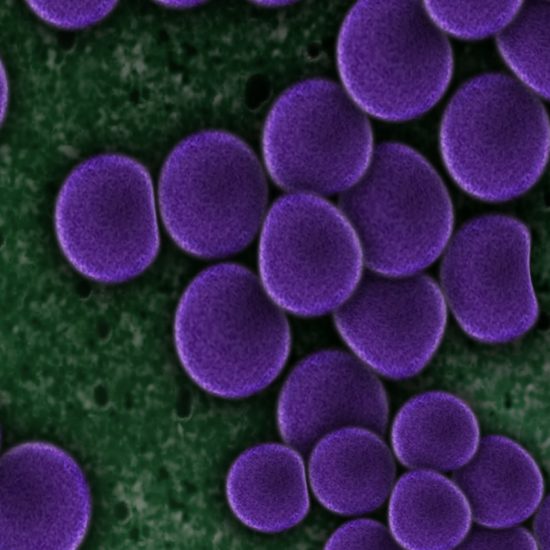Nicholos Joseph: Superbugs are a major threat. Washington should prioritize antibiotic development now
We don’t know when the next pandemic will strike. But we have a good idea of where it’ll start — in hospitals.
Bacteria and fungi are constantly evolving and growing more and more resilient to the antibiotics we use to treat them. These “superbugs” will eventually mutate to resist even our last-line-of-defense treatments.
When that happens, these microscopic killers could spread from room to room within hospitals and eventually out into the world. Today, these “superbugs” — resistant to the most potent treatments we have — pose a threat during procedures ranging from organ transplants to routine childbirth. And the problem continues to grow at a pace faster than we can innovate. Even minor scrapes and cuts could ultimately prove fatal if we do not act now.
Today, antibiotic resistance kills more people around the world than HIV or malaria. If left unaddressed, superbugs are on track to kill a staggering 10 million people annually by 2050, unless scientists develop new and improved treatments that keep pace with these ever-evolving microbes.
AMR NEWS
Every two weeks in your inbox
Because there should be one newsletter that brings together all One Health news related to antimicrobial resistance: AMR NEWS!





